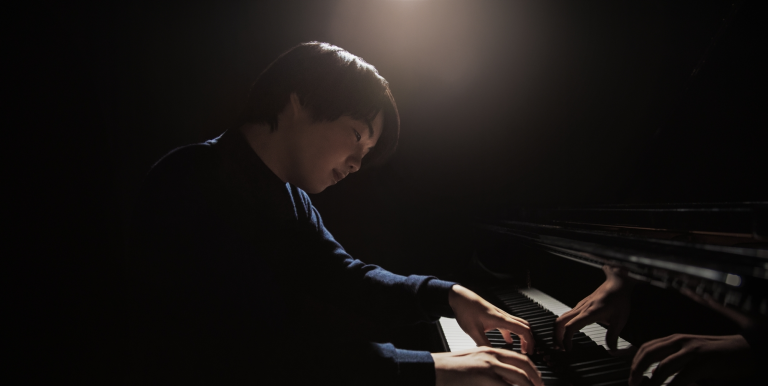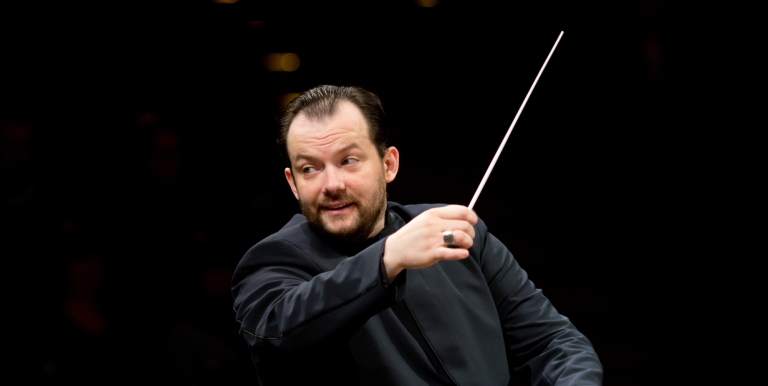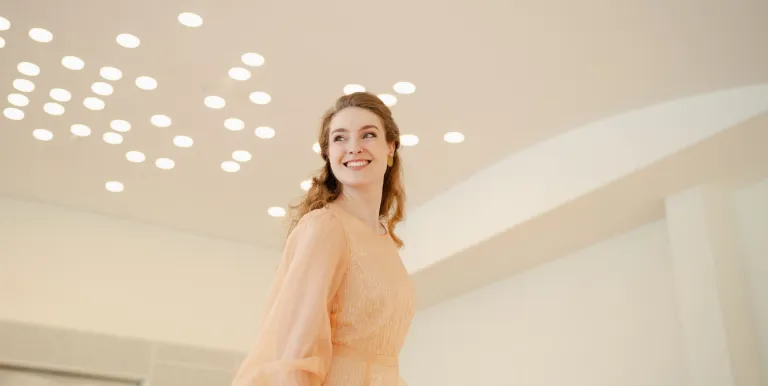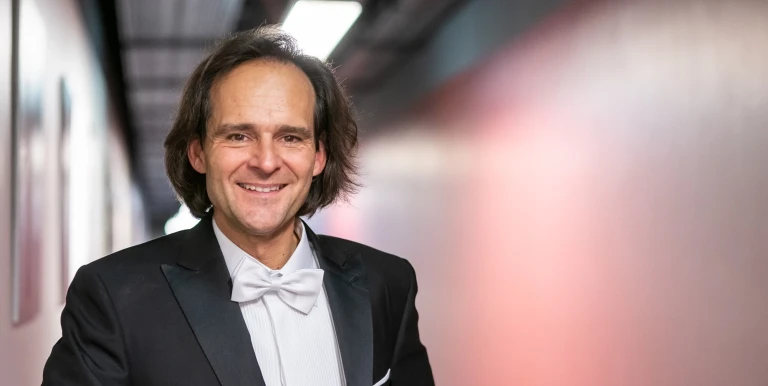Change
one interval
Change
We regret to inform you that, due to illness, Yuja Wang will be unable to join the Leipzig Gewandhaus Orchestra on its tour.
Taking her place at the piano as a soloist for Shostakovich's concerto at the ensemble's concert on 11 September will be Mao Fujita. The 23-year-old Japanese pianist recently burst onto the international concert scene with multiple competition victories. After returning home from the Clara Haskil International Piano Competition in Switzerland in 2017 with a total of four awards (including first place and the audience prize), he went on to win a silver medal at the 2019 Tchaikovsky Competition in Moscow, which has led to invitations from Valery Gergiev to serve as a soloist on several of his concert tours with the Mariinsky Theatre Orchestra over the past few years.
Tickets purchased previously will automatically remain valid for the concert.
Featuring:
Shostakovich
Chamber Symphony for Strings in C minor, Op. 110a
Shostakovich
Concerto in C minor for Piano, Trumpet, and String Orchestra (Piano Concerto No. 1), Op. 35
Beethoven
Symphony No. 7 in A major, Op. 92
Leipzig is the city of Bach, Mendelssohn, Schumann and Wagner - an exciting spot in the history of music. The Gewandhaus Orchestra is one of the most important symphonic ensembles of all time, one linked to many legendary premières. Latvia's Andris Nelsons, the orchestra's current leader, has already demonstrated his exceptional skill in many parts of the world, from Bayreuth to Boston. Stepping in brilliantly to replace Yuja Wang as the virtuoso soloist for Shostakovich's concerto will be Japan's Mao Fujita.
Shostakovich composed his String Quartet No. 8 in C minor in 1960, during one of the darkest periods of his life, shortly after he was forced to join the Communist Party. According to a friend of his, the composer was often experiencing suicidal thoughts around this time and dedicated the piece to the memory of the victims of fascism and the war (Shostakovich's son said that his father actually intended it to commemorate all of the victims of totalitarian regimes from that time, not just the Soviet ones). Later on, the violist and conductor Rudolf Barshai arranged this work for chamber orchestra. It is almost like this work, full of hopelessness and depression, was not written by the same Shostakovich as the one who wrote his Piano Concerto No. 1 with its cavalcade of ideas and obbligato trumpet solo part as a 27-year-old genius much earlier. The sparkling, virtuoso piece is full of allusions, quotes and unexpected twists and turns - a celebration of unbridled talent. And since we are on the subject of joy, this is what Beethoven's Seventh is all about too: this vividly rhythmically pulsating work that Wagner called the "apotheosis of dance” pays homage to the archaic cult of movement and the spirit of sacred and elevated intoxication. The Leipzig Gewandhaus Orchestra, whose history dates back to 1743, achieved greatness in the 19th and 20th centuries under conductors like Arthur Nikisch, Wilhelm Furtwängler and Bruno Walter. Since 2018, they have been led by their current chief conductor, the exacting, versatile and evocative Andris Nelsons, the pride of Latvia. Their soloist, Yuja Wang, who was forced to cancel her appearance due to illness, has been replaced by Mao Fujita. Still only 23 years old, the Japanese pianist exploded onto the international concert scene with masterful victories at the 2017 Clara Haskil International Piano Competition in Switzerland and the 2019 Tchaikovsky Competition in Moscow.
Presented by: Müpa Budapest
-
We wish to inform you that in the event that Müpa Budapest's underground garage and outdoor car park are operating at full capacity, it is advisable to plan for increased waiting times when you arrive. In order to avoid this, we recommend that you depart for our events in time, so that you you can find the ideal parking spot quickly and smoothly and arrive for our performance in comfort. The Müpa Budapest underground garage gates will be operated by an automatic number plate recognition system. Parking is free of charge for visitors with tickets to any of our paid performances on that given day. The detailed parking policy of Müpa Budapest is available here.












